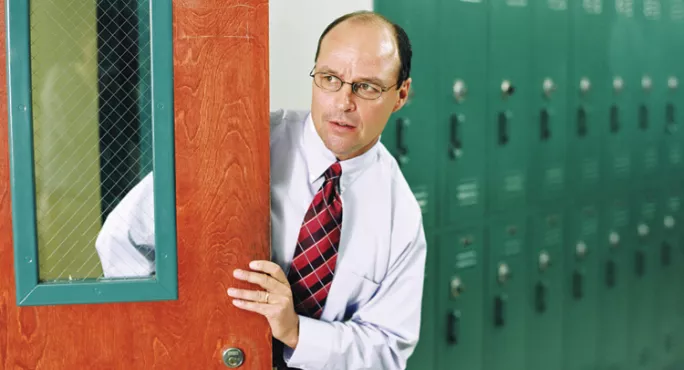In May, Ofsted announced that it was going to stop graded lesson observations in FE. This was a big deal: until then, observation grades had been a critically important way of measuring teaching staff’s performance. So what now?
Like all colleges, we at Basingstoke have learned to adapt quickly to meet current best practice or Ofsted’s latest update. However, on this occasion, we won’t be in a hurry to ditch observation grades. This is for a number of reasons.
Our governors pay incredible attention to the grades; they go through the lesson observation profile in detail on a monthly basis. If the numbers do not meet our targets, we have to explain why. Even if Ofsted is no longer giving grades, we still need a performance measure to demonstrate what’s going on in the classroom to our governors.
We also feel it’s important for our staff and their managers to understand how they are performing, for their own professional development and to maintain quality. A graded lesson observation, alongside their developmental observation and action plan, provides that benchmark.
If a graded observation is scheduled to take place, we notify staff the week before it’s due. We use an external team for the graded observations and to validate our own internal judgements; these are still really important to us.
To further improve, we believe we need to inspire and support our teaching staff, so we now supplement traditional lesson observations with developmental observations. Team leaders provide supportive feedback and encourage staff to reflect and improve on their practice.
At the same time, we’re trying to create a culture of open access via learning walks. We have an open-door policy: teaching staff are aware that someone could come into their classroom at any moment.
We’re also further developing our in-house professional observation team, so we will have quality assurance of our own performance. This should help to make lesson observation an insightful, respectful and engaging process.
And we are encouraging our in-house team to take coaching qualifications; this will contribute to their own professional development as well as the development of the college. The next step will be to look at the most effective way of supporting and coaching our staff to reflect on their own practice and share it with colleagues.
So, for now, graded lesson observations will remain an important part of the college’s quality measures. But who knows what the future will bring?


